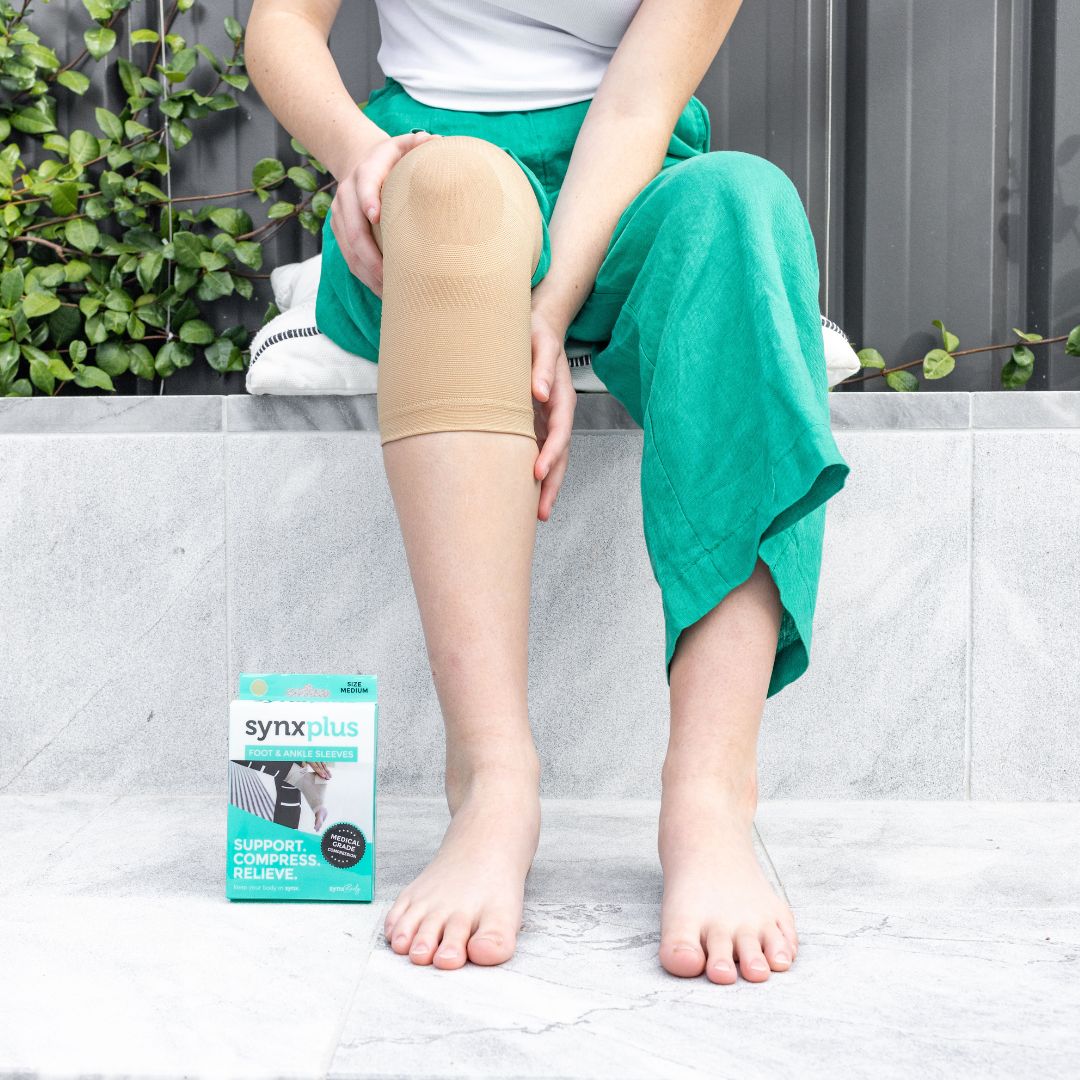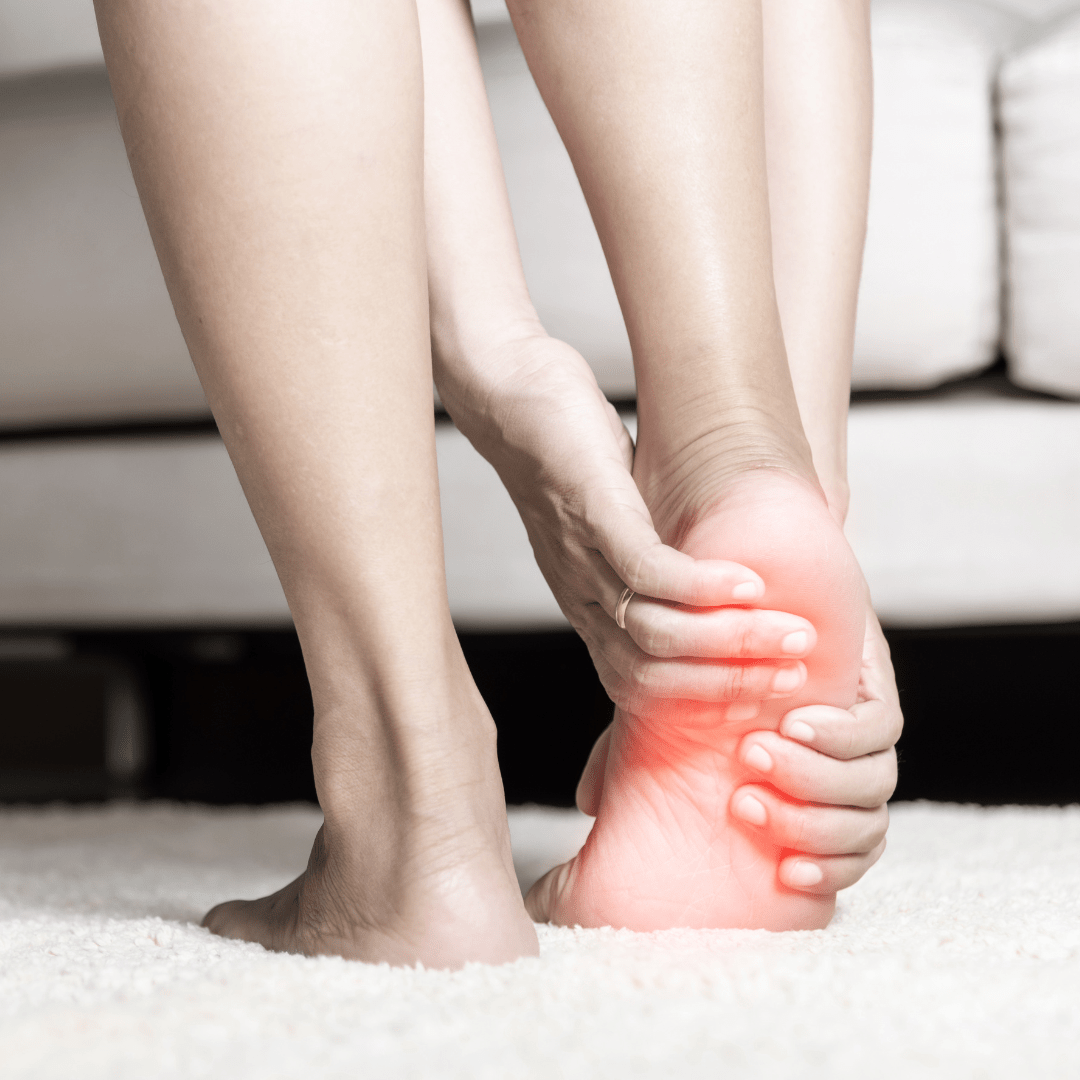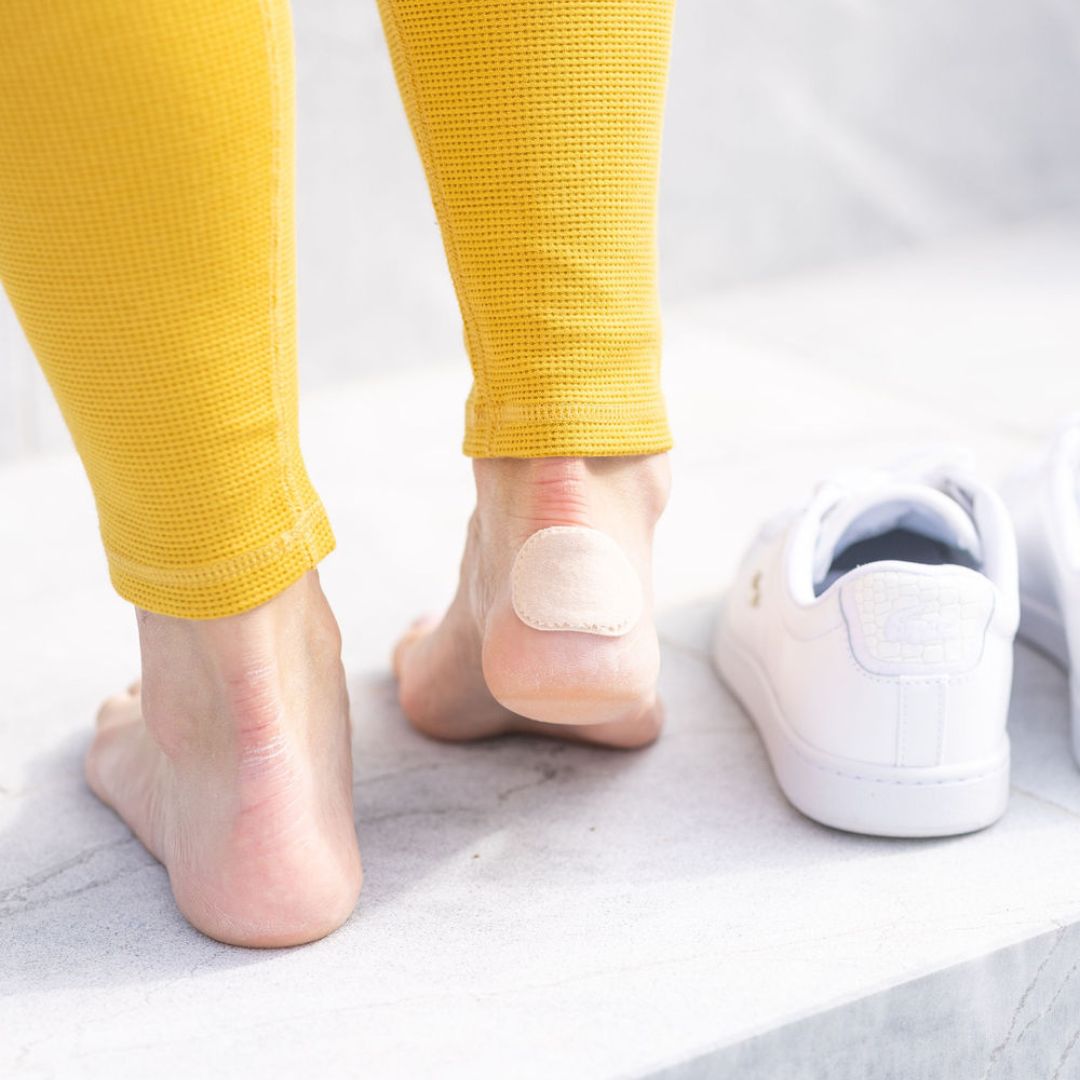The prevention and treatment of sports injuries is an ever-evolving area of health and medicine.
Sport injuries can be commonplace and, in most cases, not too serious. However, some injuries can be incredibly painful, serious, or even life-threatening. So, it is vitally important that anyone playing sport – be it recreationally or professionally – is able to take steps to prevent injuries, and also know how to seek help for treatment if they do experience injuries.

Causes of injuries in sport
The main reasons for a sport injury are:
- When you restart activity after a prolonged break
- When you don’t warm up properly before exercise
- When playing contact sports
- When not wearing correct protective or sports gear
- Accidents, such as a fall
There are several different types of sports injuries, but these are the main ones:
- Sprains – caused by overstretching or tearing the ligaments.
- Strains – caused by overstretching or tearing muscles or tendons.
- Knee injuries - knee joints can get stretched or torn, often resulting in a torn meniscus.
- Tendinitis – inflammation of a tendon, often caused by overuse or poor body mechanics.
- Fasciitis - inflammation of the layer of fibrous tissue that covers many muscles and tendons, often caused by overuse (a common example is plantar fasciitis, inflammation of the sole of the foot, which plagues many walkers and runners).
- Bursitis - inflammation of the small, fluid-like sacs that cushion joints, muscles, or bones like miniature shock absorbers.
- Dislocations - if you dislocate a bone in your body, the bone has been forced out of its socket.
- Fractures - bone fractures or broken bones.
- Muscle cramps – often caused by not stretching or from dehydration.
- Swollen muscles – usually as result of an injury.
- Achilles tendon rupture - when this tendon breaks or ruptures, you may experience sudden, severe pain and difficulty walking.
- Strained groin – if you strain your groin muscles, you’ll often feel tenderness and bruising in the area.
- Sciatic nerve pain – occurs when you pinch a nerve in your back that leads to pain and numbness down your back and legs.
- Shoulder and elbow injuries – it’s not uncommon to tear muscles and strain ligaments from the sudden impact and pressure of sports.
- Concussion - a concussion is a brain injury and can be very serious that requires immediate medical attention.
All of these sports injuries can range from mild to severe and when diagnosed will be classified as acute or chronic.
Tips to Prevent and Treat Sporting Injuries
The good news is that there’s quite a lot you can do to reduce the risk of experiencing injuries.
Taking care of your muscles
Taking care of your muscles is vital in preventing sports injuries. Here are some tips you can use to keep your muscles flexible and strong:
- Dry Needling: Keeping muscles flexible by reducing tight knots or trigger points, reduces the risk of muscle spasms and tears that can occur with sudden twists and turns.
- Magnesium Sprays / Epsom Salt Baths: Magnesium helps to relax muscles, maintain flexibility and reduce pain and muscle injuries.
- Lengthening Exercises: Stretching and lengthening muscle fibres in the calf, hamstring and arch muscles of the foot helps to reduce the risk of sudden injuries.
- Strengthening Exercises: Improving strength through weight training and balance exercises.

- Deep Tissue Massage: regular massage helps to improve blood flow, relieve tight trigger points and maintain strength.
- Topical creams: Using topical creams such as Synxeaze Pain Relief Cream before, during and after activity as a preventative and treatment for muscle bruising and injury, can be very helpful before.
- Wear correct-fitting shoes and other relevant equipment: Make sure you have helmets, pads, shoes, sunglasses, gloves, and layered clothing where appropriate.
- Strap up any problem areas: You can use insoles, foot and ankle compression sleeves, knee or foot cushioning to offer support, prevent injury, reduce swelling and inflammation, and assist in healing and improving circulation.
- Warm up properly: A good warm up is slow and thorough. … and cool down afterwards.
- Listen to your body: Resist the urge to overdo it as fatigue and dehydration impair concentration, often leading to a misstep or fall. So don't work through pain—instead, stop or slow your activity until the pain subsides.
- Consult with a qualified physiotherapist, podiatrist, or massage therapist to reduce muscle aches and sprains: An experienced professional can assist with preventing strains and muscles soreness.
- Consider introducing cross training: The key to preventing injury is to have elements of flexibility, balance, stability, endurance, strength, and power to provide a well-rounded training regime. A cross-training system will allow specific muscles to rest and can alleviate boredom in your routine too.
These are all great ways to reduce your risk – but we all know injuries can still occur.
Treating Sports Injuries
So, what should you do if an injury does occur?
- Identify pain quickly - If you suffer an acute injury, such as a strain or pulled muscle, immediately stop the activity.
- Immediately use R.I.C.E. - Rest, Ice, Compression, and Elevation is a proven method of treatment.
- Consider taking pain relief or anti-inflammatory medicine - You can get the best in natural, organic pain relief with our Synxeaze bundle.
- Know when to seek medical attention for a sports injury - Even though many sports injuries can be treated at home, you should seek medical attention for:
- any pain that doesn’t get better over time
- any pain that increases rather than decreases
- any swelling that doesn’t improve
- extreme bruising or bleeding
- if you cannot move a particular area easily
- where there is an obvious bone break or deformity
Playing sport and being active is important to good health, and at SynxBody we strongly encourage participating in sporting activities.
However, they can lead to injuries so if you know which injuries can be treated at home with rest and other strategies, but know when to seek medical attention, then you can carry on being active and healthy secure in the knowledge that you and your body are safe.
Are you looking for help with prevention and treatment of sport injuries?
Browse our range of insoles – you can use foot or ankle sleeves, knee or foot cushioning and our range of natural, organic pain relief with our Synxeaze bundle.






